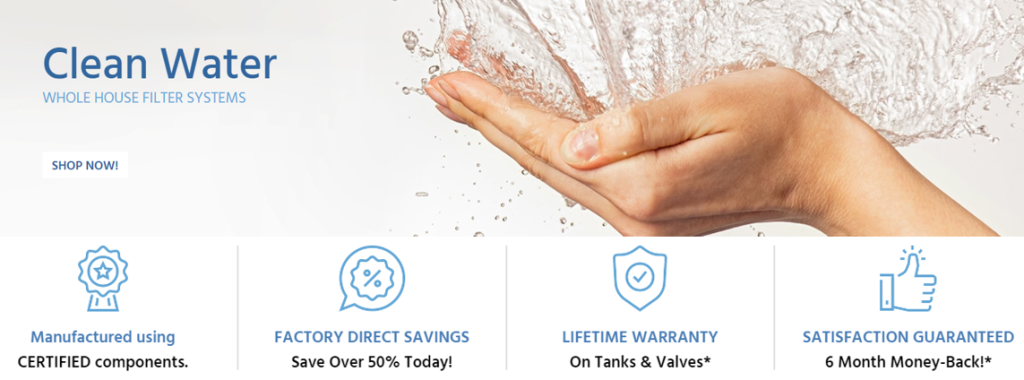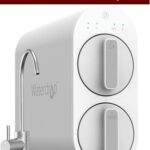To set the hardness level on your water softener, consult your owner’s manual.
In 2004, the city of Los Angeles experienced a severe drought. The city imposed strict water restrictions, including a ban on using water softeners. This created a problem for many residents, as the hardness of the water made it difficult to clean dishes, laundry, and themselves.
One resident, a single mother of two, decided to find a way to set her water softener hardness level so that she could still use it without violating the water restrictions. She called the city and spoke to a water expert, who explained how to set the water softener hardness level. Armed with this knowledge, she was able to continue using her water softener and avoid the hardships that the drought had imposed on her and her family.
How Do You Know If Your Water Hardness Level Is Too High?
If your water hardness level is too high, your plumbing fixtures will become coated with a white, chalky substance.
Install a Home Water Filter & Get "Unlimited Safe Drinking Water" For Decades
Get Upto 55% Discount With a Lifetime Warranty & 6-Months Money Back Guarantee Free Shipping
SpringWell Water Filtration Systems: 100% American-Made & NSF Certified Water Filters and Water Softeners

If your water hardness level is too high, it can cause a number of problems in your home. Hard water can lead to mineral build-up in your plumbing, making it less efficient and more likely to break down. It can also cause your fixtures and appliances to wear out more quickly.
There are a few ways to test your water hardness level. You can purchase a water hardness test kit at your local hardware store, or you can contact your water supplier to have them test your water for you.
If your water hardness level is too high, you may want to consider using a water softener. Water softeners work by exchanging the hard minerals in your water for softer minerals. This can help to extend the life of your plumbing and appliances, and make your home more comfortable to live in.
What Are The Consequences Of Having Hard Water?
The consequences of having hard water are that it can cause limescale to build up in your pipes and on your fixtures, and it can also make it difficult to get suds when you’re washing your clothes or dishes.
Hard water is water that has a high mineral content. This can be a problem for many reasons. The first is that it can leave behind deposits on your fixtures and appliances. These deposits can build up over time and cause your appliances to become less efficient. Additionally, hard water can cause your clothes to wear out more quickly. It can also make your hair and skin feel dry and irritated.
The good news is that there are ways to mitigate the effects of hard water. You can install a water softener, which will remove the minerals from the water before they have a chance to build up on your fixtures. You can also be sure to use gentle cleaners and soaps that are designed for use with hard water. By taking these steps, you can protect your home and your appliances from the damaging effects of hard water.
FAQ
How Can You Tell If Your Water Softener Is Working Properly?
What Are The Most Common Methods For Softening Water?
Conclusion
If you are unsure of how to set the water softener hardness level, the best course of action is to contact a professional. They will be able to help you determine the best setting for your specific needs.
Hopefully, you are clear now on how to set the water softener hardness level. If you still have any questions, feel free to comment below.


